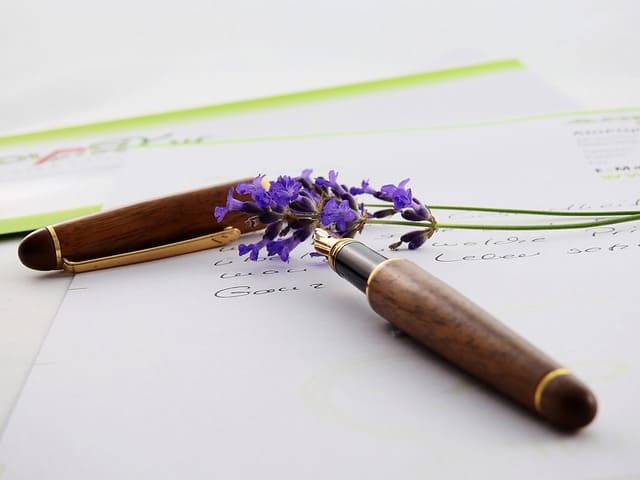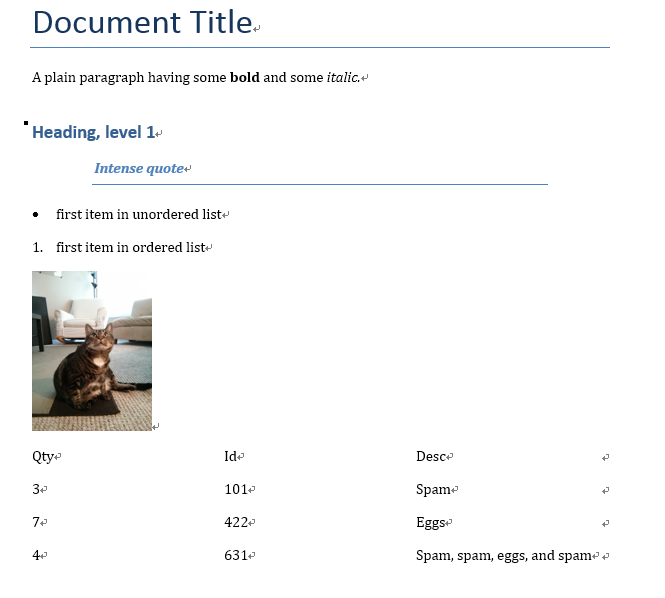Leetcode - Morse Code
804. Unique Morse Code Words[E]
https://leetcode.com/problems/unique-morse-code-words/
Description
International Morse Code defines a standard encoding where each letter is mapped to a series of dots and dashes, as follows: "a" maps to ".-", "b" maps to "-...", "c" maps to "-.-.", and so on.
For convenience, the full table for the 26 letters of the English alphabet is given below:
1 | [".-","-...","-.-.","-..",".","..-.","--.","....","..",".---","-.-",".-..","--","-.","---",".--.","--.-",".-.","...","-","..-","...-",".--","-..-","-.--","--.."] |
Now, given a list of words, each word can be written as a concatenation of the Morse code of each letter. For example, “cab” can be written as “-.-…–…”, (which is the concatenation “-.-.” + “.-” + “-...”). We’ll call such a concatenation, the transformation of a word.
Return the number of different transformations among all words we have.
1 | Example: |
Note:
- The length of
wordswill be at most100. - Each
words[i]will have length in range[1, 12]. words[i]will only consist of lowercase letters.
Solution
1 | class Solution: |
All articles in this blog are licensed under CC BY-NC-SA 4.0 unless stating additionally.
Comment





